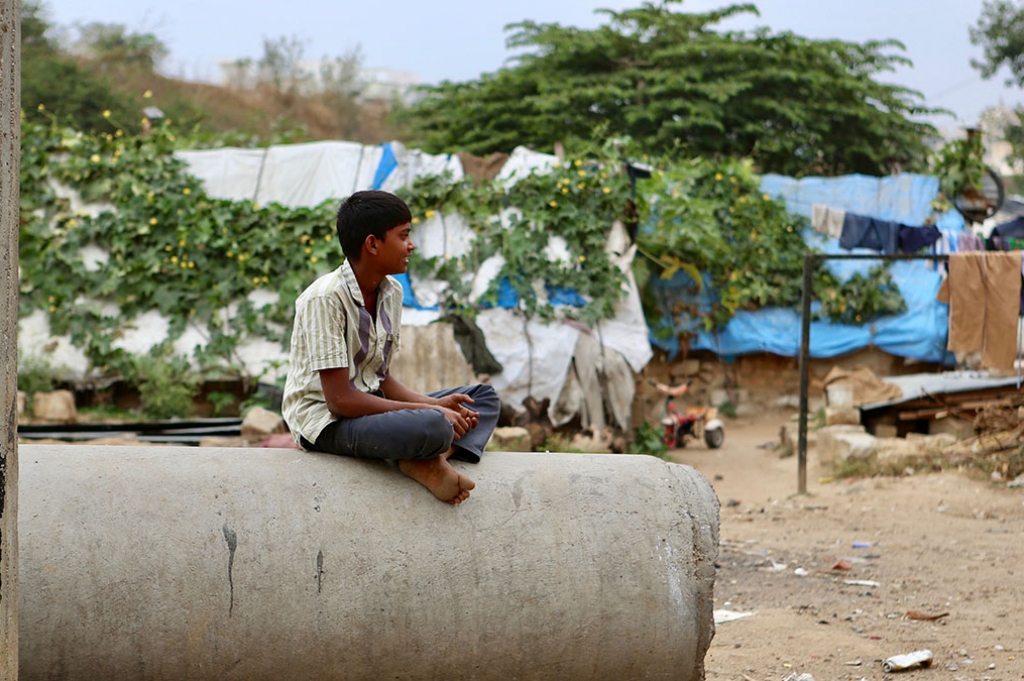By L Emilie Rauschuetz, Jaione Belza Guede, Akshatha M and Arunava Banerjee
It’s 6am and there’s hardly any light in Lakshmi’s hut in Bangalore. The 9 year old pulls on her clothes and waits for her mother, Devamma, to make breakfast. Once she’s eaten, she’s off, on the hunt for water.
Lakshmi is one of almost 11 million citizens of Bangalore. And while her search for water is particularly difficult, everyone here is faced with a gnawing truth: Bangalore, this city once known for its lakes is running out of its most precious commodity: water.
Bangalore is a metropolis. It’s known as a high tech hub in India. People are constantly pouring into the city looking for jobs. With all of those people, the drain on the city’s infrastructure and therefore water supply has been dramatic.
Development in the city has grown at an unprecedented rate since the late 1990s. In just 14 years, about 85 per cent of the cities water bodies have disappeared. This leaves many citizens concerned for access to that most basic necessity.
By 7am, as the sun sheds light on the city, Lakshmi is wandering the streets. She tries to fill her 6 litre, brown jug. She smiles as she weaves through the streets doing her job. Devamma explains: “During the morning, I’m in a hurry to go for work and cook. So my daughter, she gets water.”
Lakshmi lives in an informal settlement. A place where the poorest people in Bangalore live together. They work in the city and some of their children attend school, but money is tight and they do not have regular access to water or other utilities. They borrow from neighbours who have wells, they use overflow from others who have extra to share or they find still water, wherever it may be.
Critics believe Bangalore is running out of water. Some say by 2020 the city will be unlivable. T V Ramachandra, the city’s leading expert on urbanisation, sees a grim future: “They wanted everything in Bangalore. They wanted to convert it into Silicon Valley. In the process, they killed the city.”
Officials are far less pessimistic, but they are well aware of the water problem. They have implemented a rainwater harvesting system requirement for new homes. There are also some lake restorations underway, but so far they have not enforced any specific water use restrictions.
While the future remains uncertain, Lakshmi and Devamma soldier on: “What else can we do? We bring some pots of water from one place and few more from another. Somehow we manage.”



